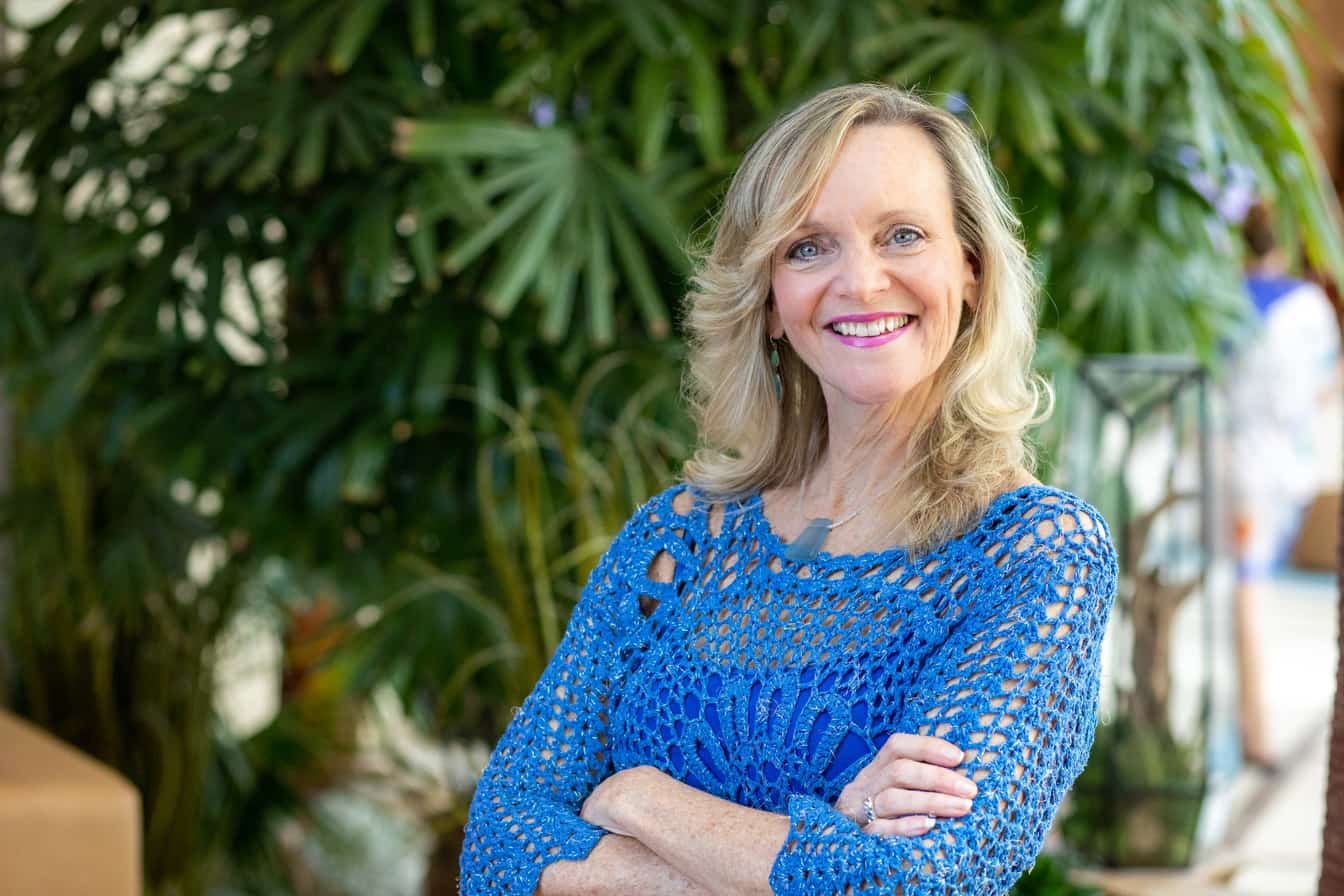Cindy Watson is a seasoned social justice attorney with over 30 years of experience. She has spent her career negotiating high-stakes deals, particularly in the challenging field of union-side labor law, which is a male-dominated niche within a male-dominated industry. Throughout her journey, Cindy has faced numerous gender-related challenges, often being the only woman in the room during client meetings, negotiations, and hearings. We at CIO Global, are proud to introduce Cindy Watson as one of the Market Disruptor: Women Leaders, 2024.
Cindy’s upbringing in a low-rental apartment in a tough neighbourhood shaped her resilience and drive. Her father, who taught inner-city boys to box, instilled in her and her sister the importance of standing up for themselves. The spirited debates around their tiny kitchen table helped her realize the value of her voice, a lesson that has been invaluable throughout her career. Determined to succeed, Cindy excelled academically, progressing from high school to university and then to law school, always aiming for straight A’s. It was during a negotiation course in law school that she first discovered her natural talent for negotiation. Unlike her peers, Cindy approached negotiations with a focus on building trust and rapport, using her intuition and empathy to find mutually beneficial solutions. This authentic approach, which she later recognized as her feminine power, led her to win almost every simulated exercise in the course.

“Balance is not a static state but an ongoing process of actively creating the life you want.”
However, once she started practicing law, Cindy felt the pressure to adopt a tougher persona to be accepted in the male-dominated field. Her aggressive tactics earned her the nickname “The Barracuda,” a label she initially wore with pride. Over time, though, she realized that this approach was taking a toll on her personal relationships and her sense of self. Reflecting on her law school negotiation course, she remembered her effectiveness when she was true to herself and relied on her natural strengths. This realization inspired Cindy to challenge the traditional, competitive models of leadership and negotiation. She recognized that success should not come at the expense of others but should be achieved through collaboration and mutual gain. Cindy’s epiphany led her to advocate for a new approach to leadership, one that emphasizes the power of working together rather than exerting power over others. She is committed to helping others realize that they do not need to conform to outdated stereotypes to be successful and that embracing their authentic selves is the key to true empowerment and success.
Cindy Watson brings a unique perspective to her industry by challenging the traditional beliefs about success. She promotes the art of ‘feminine’ negotiation and leadership, which might seem counterintuitive but is, in fact, a secret weapon for future industry leaders. When faced with challenges and setbacks, Cindy embraces them as opportunities for growth. She has a practice she calls ‘failebrations,’ where she thoroughly examines her failures to understand what lessons can be learned and then celebrates the new growth opportunities that arise from these experiences.
“Lean into your feminine. Embrace empathy as your new secret weapon to get better outcomes, better buy-in, and better relationships.”

Rather than focusing on competition, Cindy believes in fostering collaboration. She operates on the principle that a rising tide lifts all boats, and she intentionally shares information, resources, and growth opportunities with her peers. This collaborative approach has proven to be significantly beneficial. Cindy is a strong advocate for diversity and inclusion. She believes that actively seeking out and embracing diversity in all forms—race, gender, sexual orientation, class, culture, political views, skills, and approaches—leads to better outcomes and more creative solutions. She creates safe spaces for divergent views and encourages productive, forward-thinking discussions. To aspiring women leaders looking to disrupt their markets, Cindy advises leaning into their feminine qualities. She encourages them to reject outdated competitive models and embrace traits like compassion, vulnerability, empathy, and powerful listening. These qualities, she believes, are the keys to achieving better outcomes, buy-in, and relationships.
Cindy views balance not as a static state but as an ongoing process. She actively creates balance in her life by prioritizing and blocking time each day for the things that matter most to her, both personally and professionally. She sees massive opportunities for growth and innovation in her industry as the world begins to embrace ‘feminine’ traits like empathy, curiosity, compassion, rapport-building, flexibility, and collaboration in business, politics, and law.
Initially resistant to AI, Cindy has come to appreciate its efficiencies, allowing her to focus on driving her bigger vision forward. She is particularly proud of her book, “The Art of Feminine Negotiation,” achieving Wall Street Journal and USA Today bestseller status. However, her greatest reward is watching her clients live their dreams and beyond. Cindy believes mentorship is crucial for fostering the next generation of women leaders. She emphasizes the importance of understanding our history, seeking multiple mentors with diverse viewpoints, and learning a full range of skills to thrive. To stay agile and adaptable in a changing market, Cindy maintains a growth mindset. She enjoys the learning journey and continually expands her horizons, both within and beyond her areas of expertise.
Cindy hopes to leave a legacy of creating a new leadership paradigm that moves away from competitive models toward ones that foster collaboration, curiosity, compassion, respect, relationships, and empathy. She envisions a world where understanding and meeting the needs of others leads to the best outcomes for all, reducing conflict and bringing balance back to the world.
“Success isn’t achieved by pitting ourselves against others but by finding powerful ways to collaborate.”
